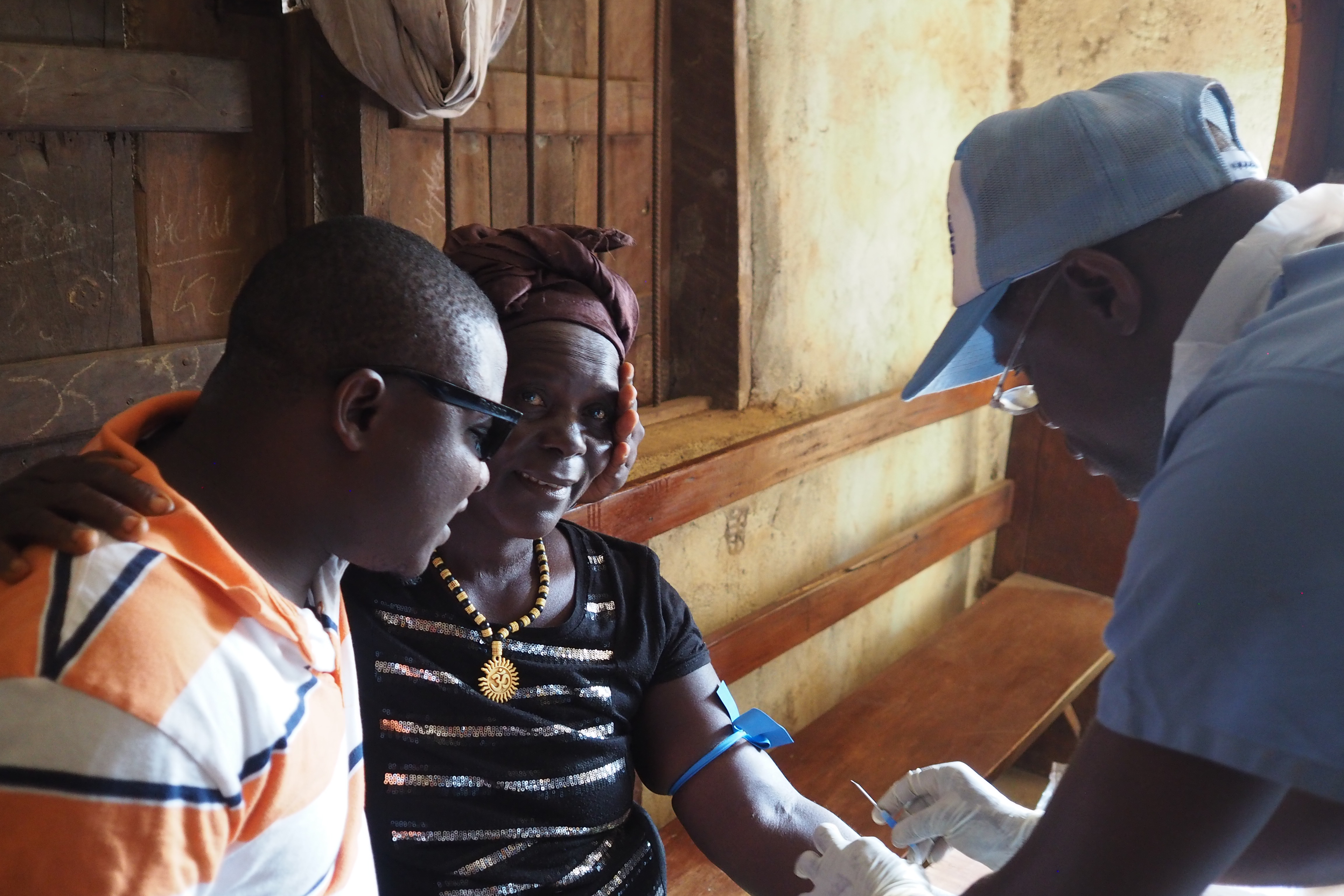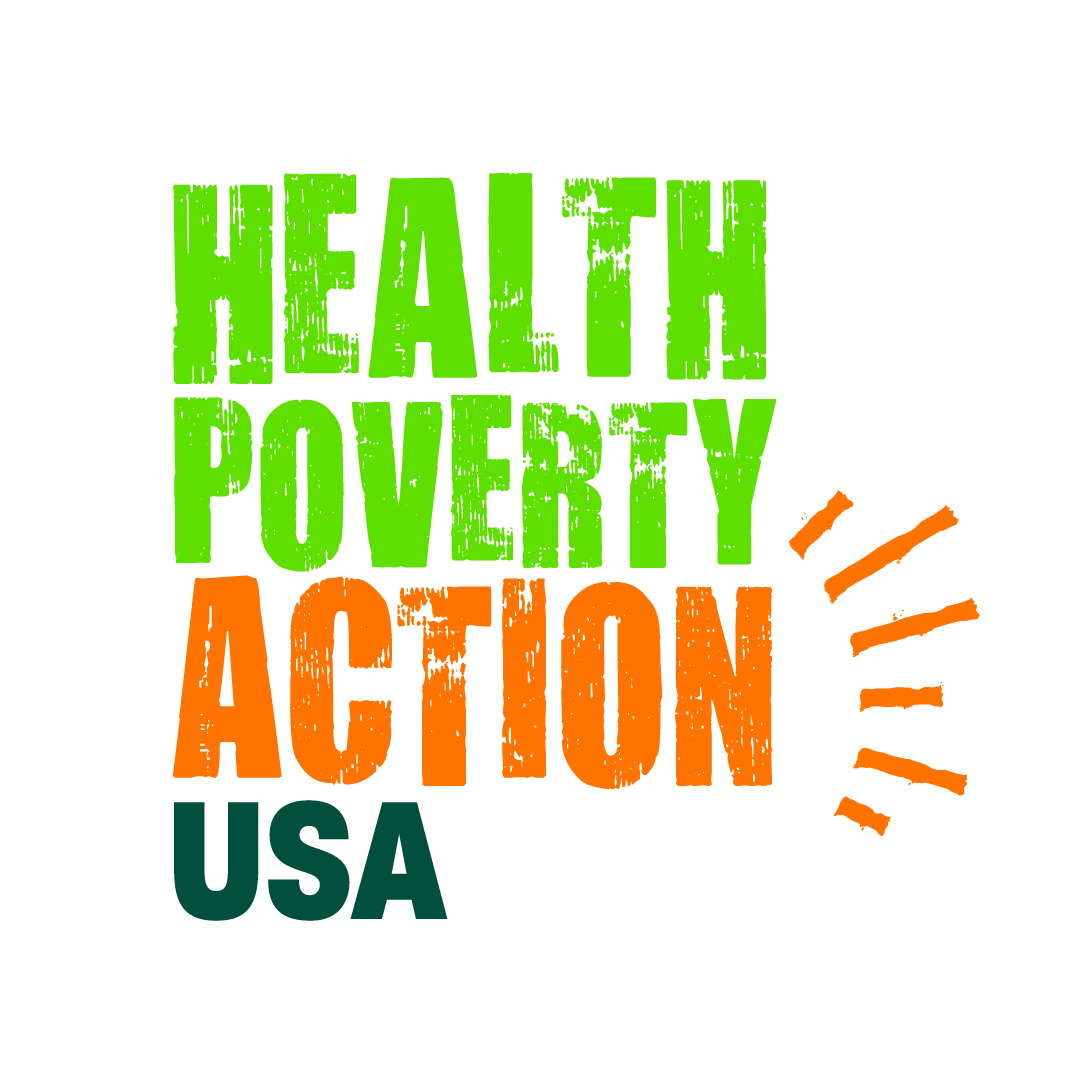World Hepatitis Day
On by Tess Woolfenden
For World Hepatitis Day, we explore it's root causes and how we can expose and address them

Hepatitis is known as the ‘silent killer’ with 400 million people around the world infected. While it is the 7th leading cause of death globally, until recently it has not received anywhere near the same attention as other communicable diseases such as HIV, Tuberculosis and Malaria. Despite recent attempts to increase the international response to the epidemic, including a commitment to combat it within the Sustainable Development Goals (global goals that each country has committed to) hepatitis is still largely undiagnosed. Globally only 5% of those living with hepatitis have been diagnosed. In poorer countries this number drops to less than 1%. In addition, treatment rates are even less promising. Currently, less than 1% of all patients living with Hepatitis C currently receive treatment and 1.4 million people die from hepatitis every year.
As part of a comprehensive approach to healthcare Health Poverty Action works in solidarity with communities fighting the hepatitis epidemic in their own context including providing vaccines and testing. The widespread use of hepatitis B vaccine in infants has considerably reduced the illness among children under 5 years of age, from 4.7 per cent in the pre-vaccine era to 0.8 per cent in 2017.
However, work on a local level can only do so much when facing a global epidemic. Hepatitis is a ‘silent killer’ not only because the infection can show no outward symptoms for a number of years while ravaging the individual’s liver, but also in the way those most at risk of infection are too often the most marginalised and underrepresented in society. Who is most at risk of infection and the allocation of resources to prevent, diagnose and treat disease are all political issues the global community cannot not shy away from. Racism, colonialism and the structure of the global economy weave together to create the conditions in which the health of communities is determined both within domestic contexts and on a global scale.
For example, globally, indigenous communities are up to 10 times more likely to contract hepatitis than their non-indigenous counterparts, similarly 23% of new infections and one in three deaths from hepatitis C are attributable to injecting drug use. Furthermore, research demonstrates that one in four people in detention are infected with hepatitis C. As Heather McCormack, a Wiradjuri woman living and working on Gadigal land, states:
“The over-incarceration of Aboriginal people [in Australia] means that more of us are in an environment where there are very high rates of hepatitis C. We’re more likely to inject drugs and share equipment when we do inject drugs, and our historic disconnection from the health sector means that people aren’t getting treatment and they aren’t being monitored.”
While it is important that we understand these health outcomes, it is also vital we understand the mechanisms and power dynamics at play that create them. For example, unfair intellectual property rights, as part of trade agreements, mean medicines are prohibitively expensive. As a result, in many parts of the world, people are unable to afford them. Additionally, because healthcare companies are driven by profit, they are often unwilling to invest in vital but cheap products such as single use syringes.
Despite this, there are solutions. Initiatives such as the Missing Medicines Campaign and the Access to Medicines campaign run by Medecins San Frontiers are challenging pharmaceutical companies control over patient’s health and calling for medicine to be understood as a right not a luxury. This means pharmaceutical corporations being held accountable to the public and their health, not to shareholders and their profits. Meanwhile, organisations like Health Poverty Action, are calling for the decriminalisation of personal use of illicit drugs and the introduction of harm reduction services such as needle and syringe exchanges, so that the people who use drugs do not risk infection or incarceration where the risk of infection if greatly increased.
Above all, Health Poverty Action is campaigning for a radical restructuring of the global economy where health, not profit, is prioritised.
Join us in this movement today!
Join the movement

